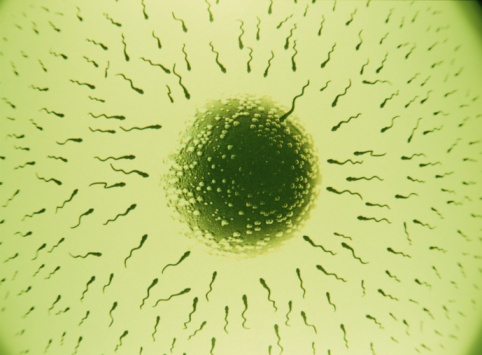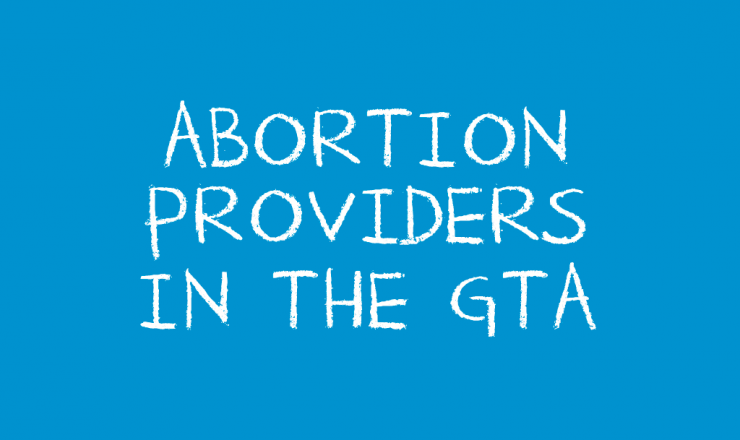How Pregnancy Happens
Pregnancy is both simple and very complicated. Have you ever wondered exactly how pregnancy happens? If so, the information below should help.
How does pregnancy happen?
- Before pregnancy can begin, two important steps need to take place. An egg must be released during ovulation and it must be fertilized by a sperm cell.
- From a medical point of view, pregnancy begins when a fertilized egg implants into the wall of the uterus. Pregnancy continues as that egg grows in to an embryo and then a fetus.
The Three Steps of Pregnancy
1. Ovulation: The ovary releases an egg
Hormones associated with the menstrual cycle (period) cause eggs inside the ovaries to mature. Every 28 days or so, one mature egg is released from the ovary. This is called ovulation. After the egg is released, it moves into the fallopian tube where it stays for about 24 hours. If the egg is not fertilized during that time, the egg disintegrates (breaks down) and menstruation (your period) begins 11-16 days later.
2. Fertilization: Sperm meets egg
The mature egg is fertilized when it is joined with a sperm cell. This usually happens after a penis* has ejaculated semen inside a vagina*. Sperm is contained in the semen which travels up the vagina, through the cervix and uterus and into the fallopian tubes. If an egg is less than 24 hours old, it can be fertilized by a sperm.
Fertilization sometimes (but rarely) happens when semen has been ejaculated outside but near the entrance of the vagina. Technology can also be used to fertilize an egg, either by inserting semen into a person’s uterus (artificial insemination) or by fertilizing an egg outside the body and then placing it into the uterus.
3. Implantation: The fertilized egg attaches to the lining of the uterus and pregnancy begins.
Most eggs are fertilized by sperm while still in the fallopian tube. The fertilized egg then travels down the fallopian tube into the uterus. This can take 1-2 days. When the egg reaches the uterus, it may attach itself to the uterine lining (the endometrium) and pregnancy will begin. Many fertilized eggs are never implanted and are flushed out of the body with the next period.
How do I know when ovulation happens?
- The best way to tell when ovulation takes place is to use a fertility awareness method (FAM). If you are not using FAM, it can be hard to tell when you ovulate.
- To learn more about FAM, check out our info page [Link].
- Ovulation is different for everyone and it can change from cycle to cycle — especially when you are a teenager and your body is still developing.
| Useful Tip |
| Even though an egg can only be fertilized within 24 hours of being released, sperm can live inside the body for up to five days. That means that you can have sex when you’re not ovulating and still become pregnant. In other words, sperm that was ejaculated on Monday could fertilize an egg released on Friday. |
Is there a time in my cycle when I can’t get pregnant?
- Not really. There are certain times when pregnancy is less likely to happen, like during your period.
How can I avoid becoming pregnant?
- If you don’t want to become pregnant, you can use a method of birth control.
- For more information on birth control methods, check out the birth control section of this website [Link].
If you have questions about this topic, feel free to contact one of our peer educators. [Link]
*We know that these aren’t the words everyone uses for their bodies (eg. trans folks), and support you using the language that feels best for you.
Last Edited: May 2020






